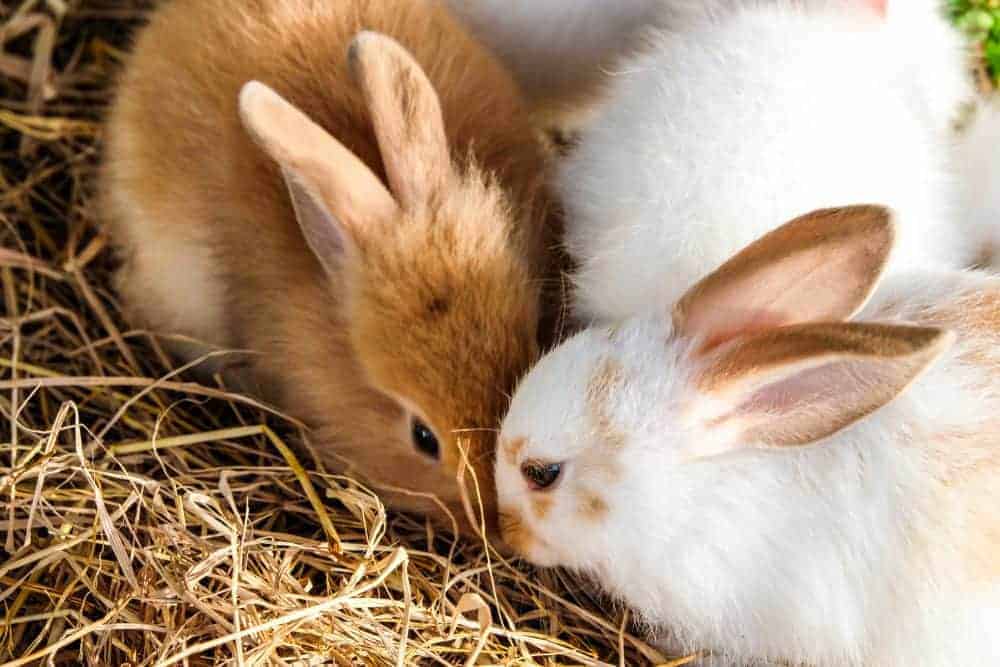Yes, chinchillas can eat grass, but it should be given in moderation to avoid digestive issues. Chinchillas are adorable small mammals that require a balanced diet to maintain their health and well-being.
While their primary diet consists of hay and pellets, many chinchilla owners wonder if they can also eat grass. Grass can be a healthy addition to their diet as long as it is offered in small amounts and with caution.
We will explore the benefits and risks of feeding grass to chinchillas, discuss the appropriate type of grass, and provide guidance on how to introduce it to their diet. So, if you are a chinchilla owner curious about incorporating grass into your pet’s diet, keep reading to learn more.
The Diet Of Chinchillas
Chinchillas have a natural diet that consists mainly of grass and hay. However, it’s important to note that not all grass is safe for them to consume. Commercial chinchilla food may not provide the balanced nutrition they need. For optimal health, chinchillas should be offered a variety of fresh, high-quality grasses and hays.
These provide essential fiber and nutrients. It’s crucial to avoid highly processed foods and treats that can lead to obesity and digestive problems. Offering a diverse and balanced diet is key to ensuring the well-being of these adorable pets. Keep in mind that regular veterinary check-ups and consultations are essential for maintaining a healthy diet for your chinchilla.
So, can chinchillas eat grass? Yes, they can, but it must be the right kind and offered as part of a balanced diet.
Exploring The Benefits And Risks Of Grass
Grass can be a beneficial addition to a chinchilla’s diet. It provides essential nutrients and fiber. Some suitable grasses for chinchillas include Timothy grass, meadow grass, and orchard grass. These grasses are low in sugar and high in fiber, promoting healthy digestion.
However, there are potential risks involved in feeding grass to chinchillas. Grass contaminated with pesticides or fertilizers can be harmful. It is essential to ensure that the grass is free from any chemicals. Also, introducing grass into a chinchilla’s diet should be done gradually to prevent digestive upset.
Monitoring their consumption and being aware of any allergies or intolerances is crucial. Overall, while grass can offer nutritional benefits, it is important to consider the potential risks and take necessary precautions when including it in a chinchilla’s diet.
Alternatives To Grass For Chinchillas
Chinchillas can eat grass, but there are alternatives that offer more nutrition and safety. Vegetables like carrots and broccoli provide a healthy substitute. Hay is an essential part of a chinchilla’s diet, providing fiber and promoting dental health. Commercial treats can be used to supplement their diet, but should be given sparingly.
Variety is key when it comes to chinchilla nutrition, so offering a mix of vegetables, hay, and treats ensures a balanced diet. Remember to always introduce new foods gradually and monitor your chinchilla’s digestion. Grazing on grass may be allowed in controlled environments, but it’s important to avoid grass sprayed with chemicals or potential pesticides.
With proper care and a well-rounded diet, your chinchilla will thrive and stay healthy.

Credit: www.burgesspetcare.com
Conclusion
It is important to consider the dietary needs of chinchillas and their ability to digest certain foods, including grass. While grass can provide some nutritional benefits for chinchillas, it should only be offered in moderation and under careful supervision. Excessive consumption of grass may lead to digestive issues or possible contamination from pesticides or other chemicals.
Instead, chinchillas should primarily be fed a diet consisting of high-fiber pellets, timothy hay, and occasional treats like fruits and vegetables. By understanding the specific nutritional requirements of chinchillas and providing them with a balanced diet, owners can ensure the overall health and well-being of their beloved pets.
As always, it is recommended to consult with a veterinarian for specific dietary recommendations and to regularly monitor the chinchilla’s health and behavior to ensure they are thriving.
